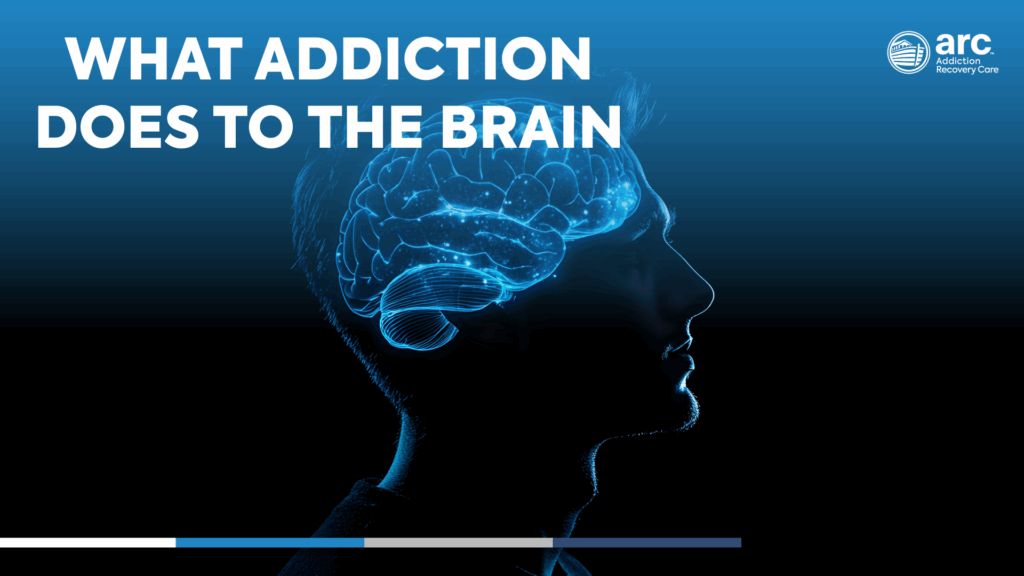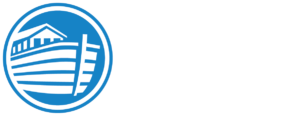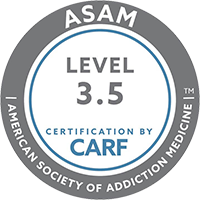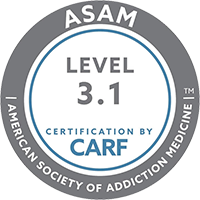
Addiction is a complex issue, and for too long, it has been misunderstood, often viewed as a moral failing or a lack of willpower. Today, research paints a much clearer picture. Addiction is a chronic brain disease, not a moral failure. Understanding the science behind addiction is the first crucial step towards breaking the stigma, fostering empathy, and strengthening our collective response to those seeking recovery.
Why Addiction is a Disease, Not a Choice
When someone first uses a substance, the choice is voluntary. However, repeated use fundamentally alters the structure and function of the brain, particularly in areas governing motivation, reward, and memory. This is why a person with an addiction can continue seeking drugs or alcohol despite catastrophic consequences. The brain itself has been rewired.
Here are the key brain functions impacted by substance use:
The Hijacked Reward System
The brain’s reward circuit (primarily involving the neurotransmitter dopamine) is designed to reinforce survival behaviors like eating and spending time with loved ones. Drugs and alcohol flood this circuit with an unnaturally high surge of dopamine.
- Initial Effect: The brain registers the intense pleasure of the substance as something essential for survival.
- The Change: Over time, the brain adjusts to this massive dopamine surge. It begins to produce less natural dopamine or reduces the number of dopamine receptors. As a result, the person needs the substance just to feel “normal” or to experience any pleasure at all. This is the definition of tolerance and dependency.
Impaired Decision-Making and Control
The prefrontal cortex, the part of the brain responsible for planning, judgment, decision-making, and self-control, is heavily compromised by addiction.
- This area is slower to mature in adolescents, which explains why early substance use is so risky.
- In a person with addiction, the overwhelming drive from the hijacked reward system overpowers the weakened control center (prefrontal cortex), making it incredibly difficult, and often impossible, to resist cravings. This impairment is why simply telling someone to “just stop” is ineffective.
The Role of Memory and Stress
Powerful drugs create long-lasting, deep-seated memories related to substance use. Exposure to certain people, places, or emotional states (triggers) can activate these memory circuits, leading to intense cravings even after long periods of sobriety.
Furthermore, chronic drug use dysregulates the brain’s stress circuit, increasing anxiety and making the person more sensitive to stress. This often drives a person back to the substance as a maladaptive way to cope.
Addiction and Co-Occurring Disorders
For many, addiction doesn’t exist in isolation. Mental health conditions like depression, anxiety, trauma, or PTSD can increase vulnerability to substance use. Likewise, substance misuse can worsen—or even trigger—mental health symptoms. This complex relationship underscores why integrated treatment that addresses both mental health and addiction is essential for lasting recovery.
Breaking the Stigma, Embracing Recovery
Recognizing addiction as a disease is essential because it shifts the focus from blame to treatment. Just like other chronic illnesses, such as diabetes or heart disease, addiction requires professional, ongoing care to manage. The good news is the brain can heal!
At ARC, we use evidence-based approaches that address these neurological changes through:
- Medication-Assisted Treatment (MAT): Helps restore chemical balance in the brain.
- Therapy: Teaches the brain new coping mechanisms and strengthens the prefrontal cortex to improve control.
- Supportive Environments: Help patients navigate triggers and build new, healthy reward circuits through positive activities and community connection.
Addiction is a serious illness, but it is treatable. By understanding what truly happens in the brain, we can replace judgment with compassion and provide the genuine hope and care that lead to sustainable recovery.





